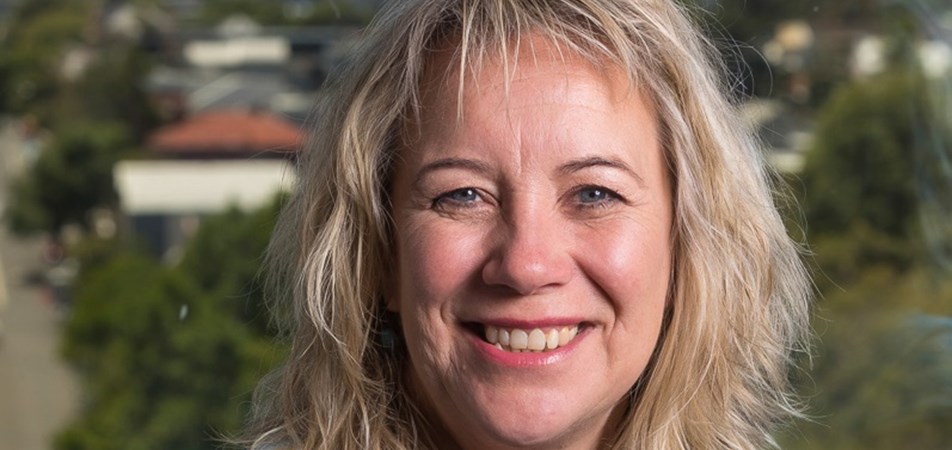To recover your password please fill in your email address
Please fill in below form to create an account with us

02/12/21
The CTC’s Prof Angela Webster has received the HSRAANZ Distinguished Investigator (mid-career) Award for her significant and lasting contribution to the field of health services and health policy research.
Angela graduated from medicine in 1995 in the UK and went on to become a Clinical Epidemiologist, Nephrologist and Transplant Physician. She studied Clinical Epidemiology at the University of Sydney and was awarded a PhD in 2006. Angela now splits her time working as the Evidence Integration Director at the NHMRC Clinical Trials Centre at the University of Sydney, as Professor in Clinical Epidemiology in the Sydney School of Public Health, and as a Senior Staff Specialist in Renal Medicine and Transplantation at Westmead Hospital.
As a mid-career researcher, Angela has an exceptional trajectory in research outputs and translation and outstanding teaching, governance, and leadership in Health Services Research. She has 216 journal publications, 8 book chapters and 23 reports published, in epidemiological and health services research. In the last 5 years, she has attracted over $6 million in competitive research funding.
Integrating Evidence to inform healthcare
Angela’s health services research involves integrating existing evidence from trials through systematic review, meta-analysis and linking administrative health data and other data sets together to help inform health care. “We need health services research to inform how we deliver care and how we change models of care to suit particular needs,” says Angela. “My research focuses on the health service delivery implications of multimorbidity, involving chronic kidney disease and solid organ transplantation with cancer, as well as with cardiovascular disease, infection, stroke and cognition, and the interplay between health literacy and effective patient self-management.”
Improving efficiencies and creating an equitable health system
Working as a transplant physician, and managing patients with multi-morbidities, Angela understands the need for improved health efficiencies and better systems, “There are so many more people waiting for a transplant than there are organs to go around and every year people either get taken off the waiting list due to other health issues or they die whilst they are waiting. By linking data together, we can work out what information would help us make more accurate decisions about potential donors and improve both the process and access to treatment with a transplant for those who would benefit.”
Angela’s work also looks at the interaction of chronic diseases, how these can cause disadvantage and what can be done to address them. “If you use guidelines and treatments for the average person, you don’t necessarily do much to address disadvantage. An efficient health system gives people what they need to attain the best health outcomes. Much of the inquiry I do is about trying to ensure everyone has access to the same health outcomes.”
Investigating the value and efficiency of organ donation
In partnership with the Ministry of Health, NSW and Kidney Health Australia, Angela is currently working on a project to investigate the value and efficiency of organ donation. “In NSW, we've got the lowest rate of donation in Australia even though we've been getting more and more referrals of potential donors for consideration,” says Angela. “Using a systems approach, we are evaluating every facet of the donation pathway from the first recognition of a potential organ donor in the hospital through to transplant to a patient and caring for them afterwards. We want to ensure that all the services are linked to give as much value as possible, not just in terms of money, but in terms of patient quality of life and patient outcomes."
Clinicians adding value to health services research
“It’s a really great honour to be recognised by your peers and to show that clinicians can make a valuable contribution to health services research, it’s not just an area for health economists and analysts," says Angela. “Kidney failure doesn’t happen to many people compared to heart attacks and stroke but it’s a huge burden for the health service because it’s extremely expensive to treat. The impact of kidney failure on life expectancy and quality of life is immense. Having research about kidney disease and organ transplantation recognised in this way makes me really hopeful for the future.”